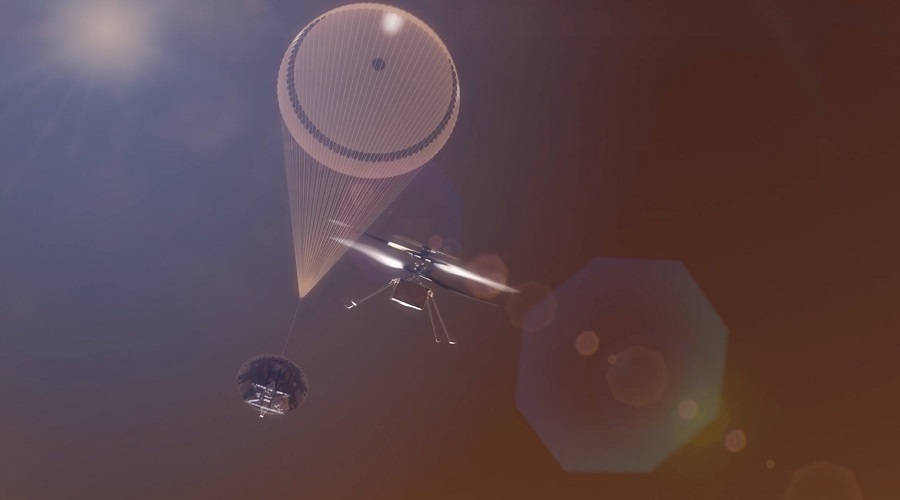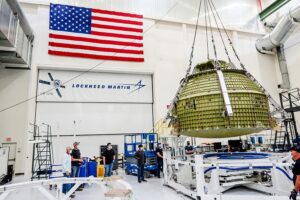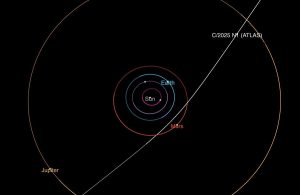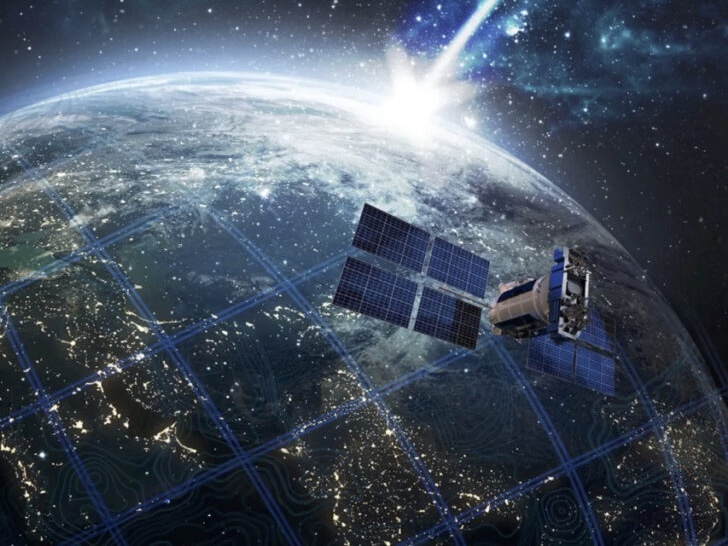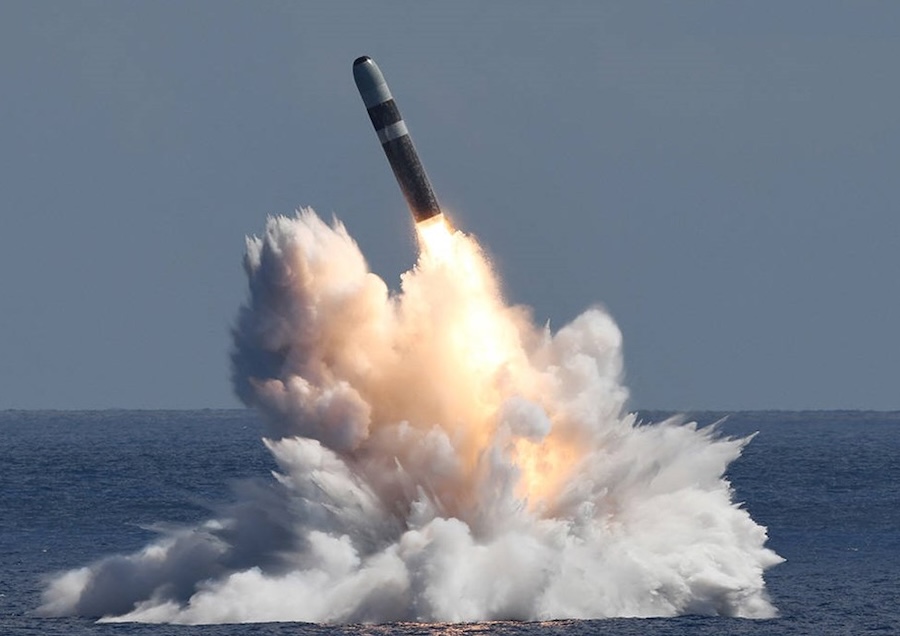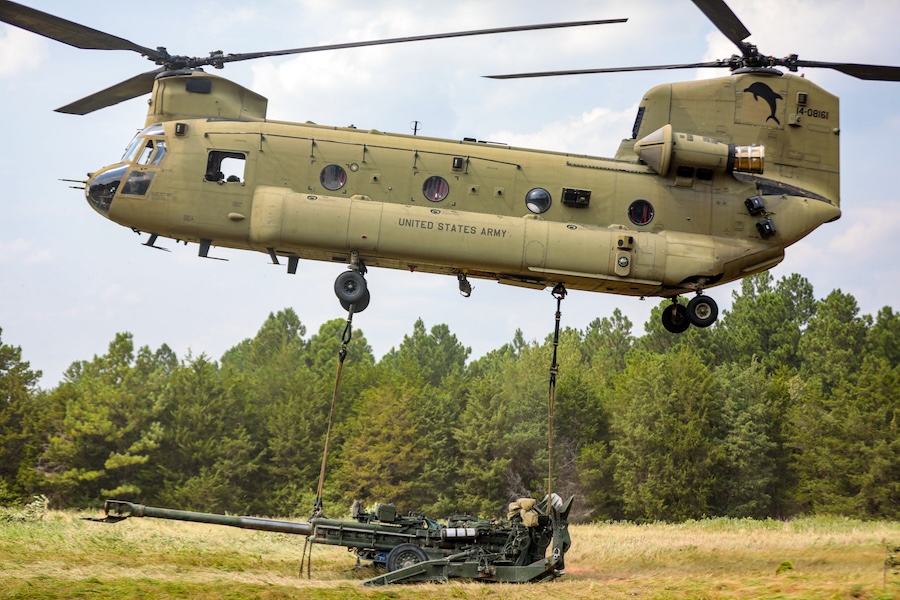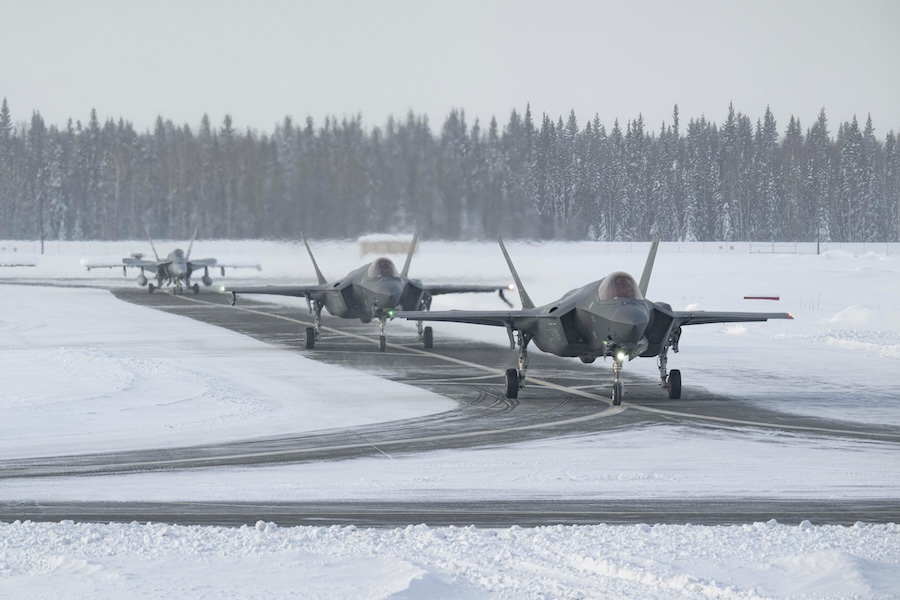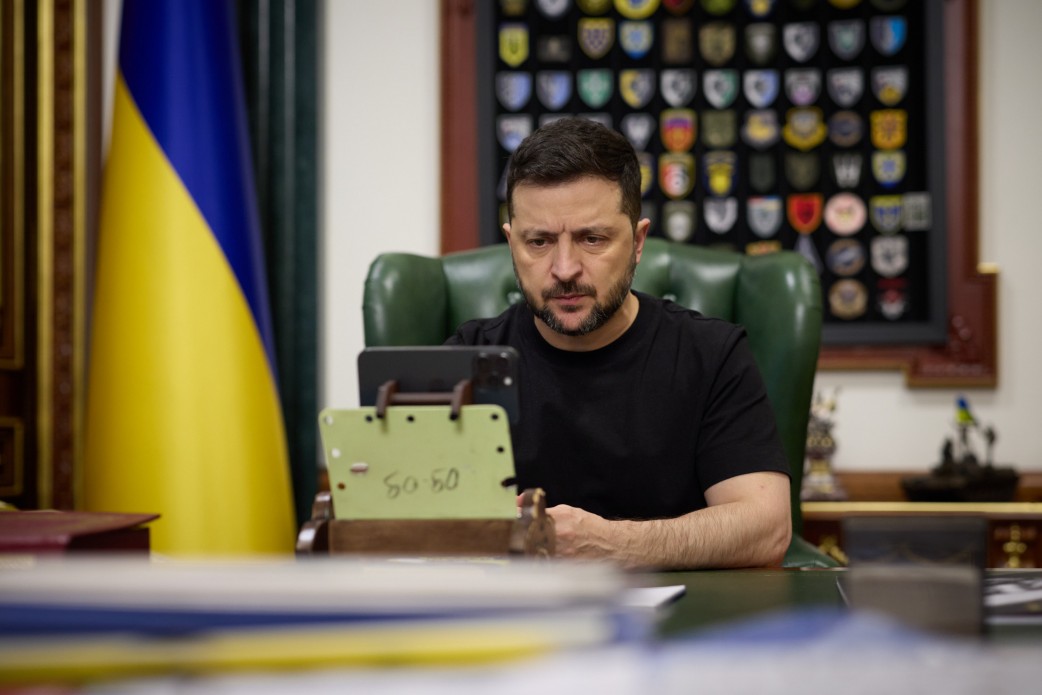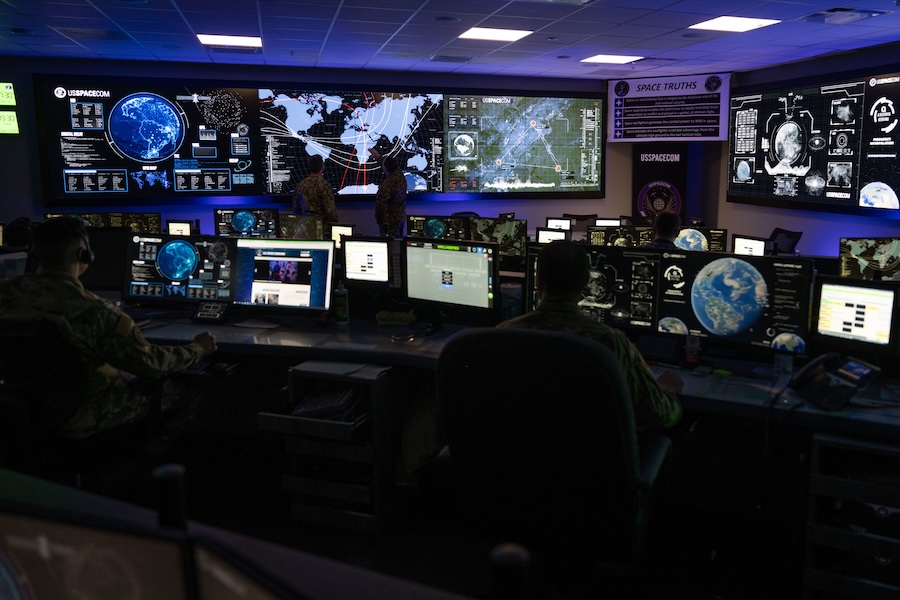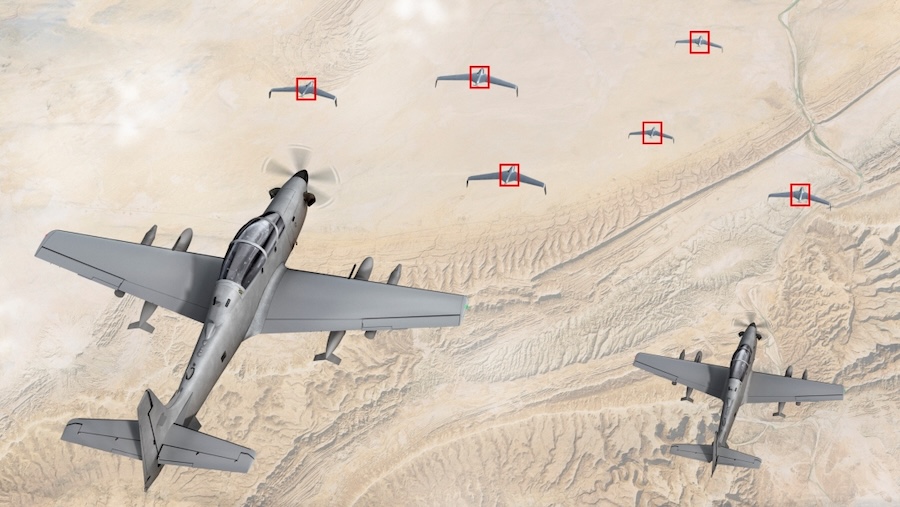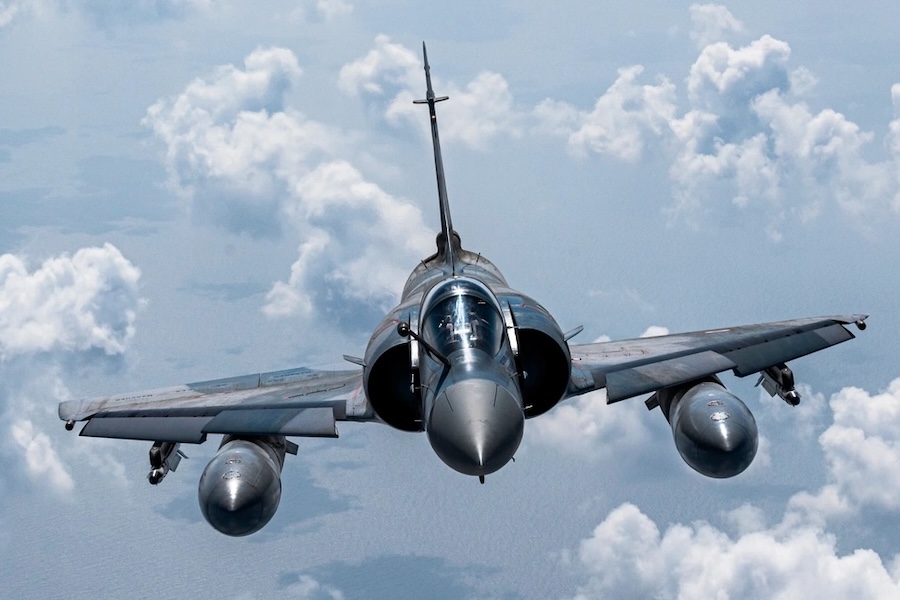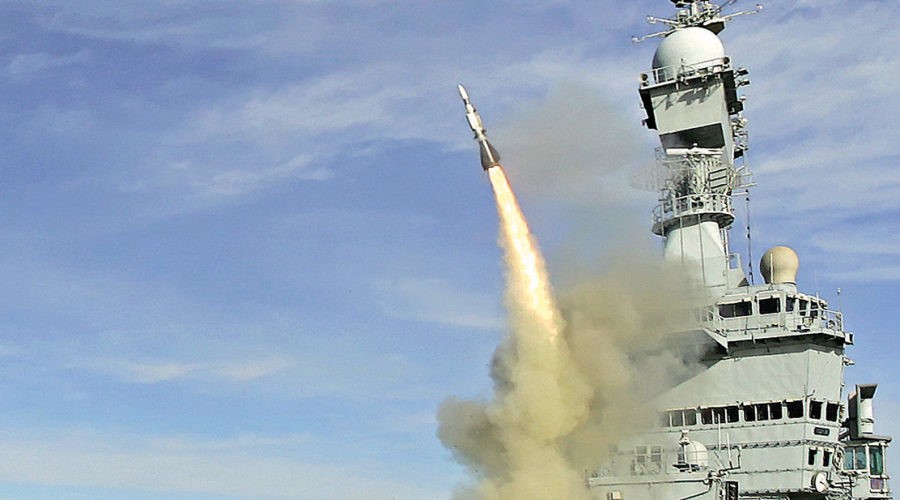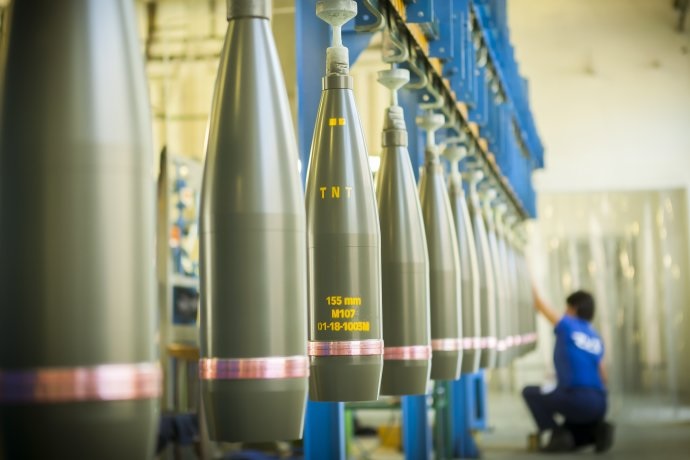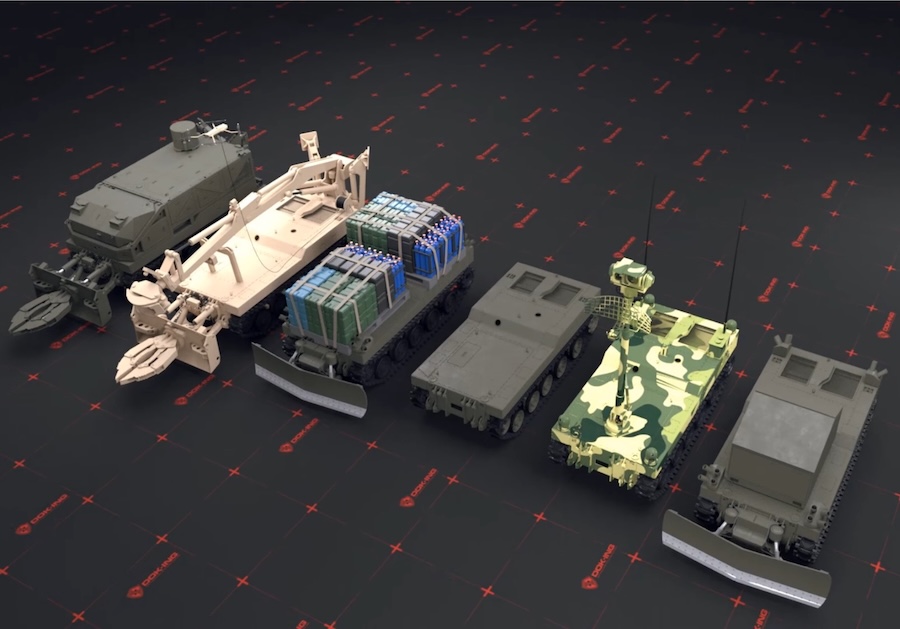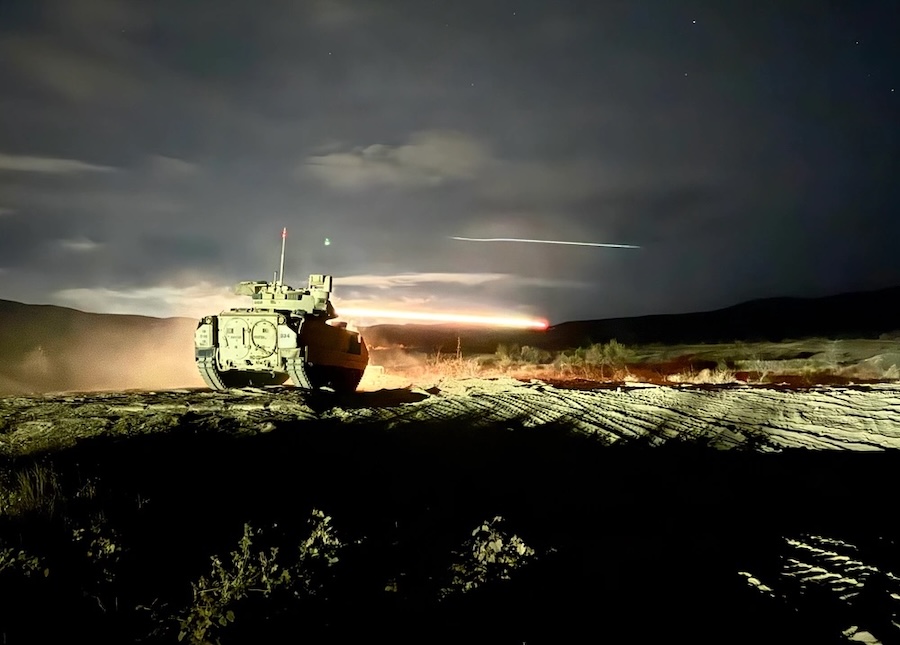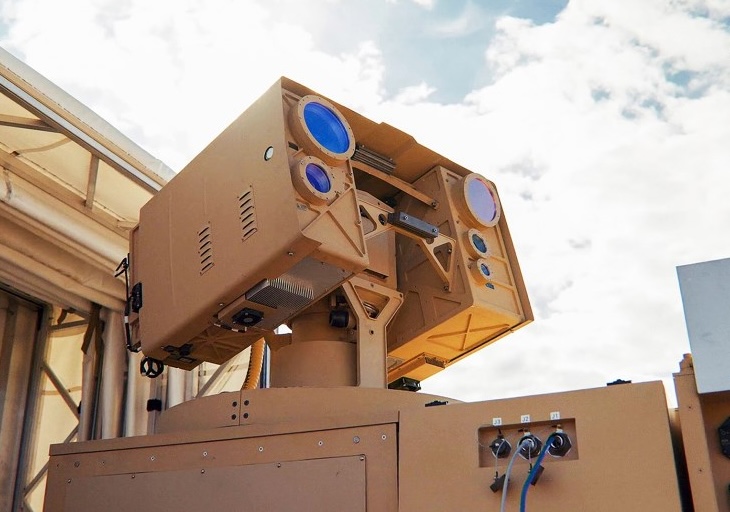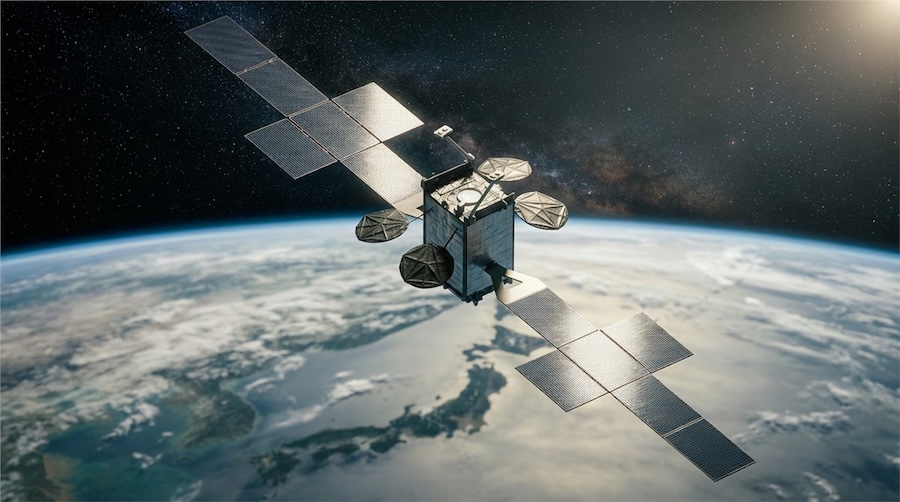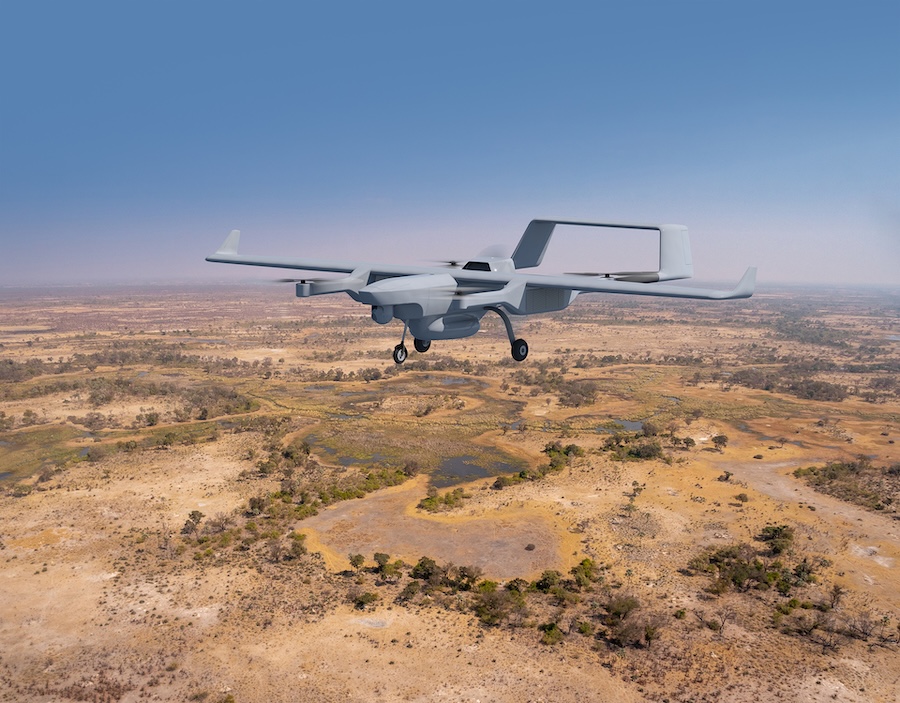The Skyfall system is designed to deploy six scout helicopters on the Martian surface, each capable of operating independently to survey designated regions of interest. These rotorcraft will transmit high-resolution imagery and sub-surface radar data back to Earth, helping NASA identify areas rich in water, ice, and other critical resources.
The concept introduces a novel “Skyfall Maneuver,” allowing helicopters to detach from their entry capsule mid-descent and fly to the surface under their own power. This technique eliminates the need for a traditional landing platform—an element typically regarded as costly and complex in Mars missions.
The programme builds on the achievements of Ingenuity, the first aircraft to achieve powered flight on another planet, which was also developed by AV and JPL. Ingenuity completed 72 successful flights in under three years at Jezero Crater, significantly exceeding both performance and longevity expectations.
“Skyfall offers a revolutionary new approach to Mars exploration that is faster and more affordable than anything that’s come before it,” said William Pomerantz, Head of Space Ventures at AV. “Thanks to a true partnership between industry and government, we’re expanding the unprecedented success of Ingenuity.”
The use of six helicopters would expand exploration coverage, enhance scientific research, and improve landing safety by offering detailed pre-mission assessments. “With six helicopters, Skyfall offers a low-cost solution that multiplies the range we would cover, the data we would collect, and the scientific research we would conduct—making humanity’s first footprints on Mars meaningfully closer,” Pomerantz added.
AV will leverage its experience with lightweight structures suitable for Mars’ thin atmosphere, and JPL is expected to transfer proven avionics and flight software from the Ingenuity programme. This commercialisation effort aims to accelerate technical readiness ahead of a potential 2028 launch.
“Ingenuity established the United States as the first and only country to achieve powered flight on another planet,” said Trace Stevenson, President of Autonomous Systems at AV. “Skyfall builds on that promise, providing detailed, actionable data from an aerial perspective that will not only be of use planning for future crewed missions, but can also benefit the planetary science community in their search for evidence that life once existed on Mars.”
The Skyfall concept is part of the broader AV_Space portfolio, which includes capabilities in intelligence, surveillance, reconnaissance (ISR), space communications, and satellite operations. AV’s advanced communication systems and phased array antennas support faster, more secure, and efficient mission operations across space and terrestrial domains.
To meet NASA’s Mars launch window goals, AV has already initiated internal development and is coordinating closely with JPL. The company aims to be ready for a mission launch as early as 2028.




